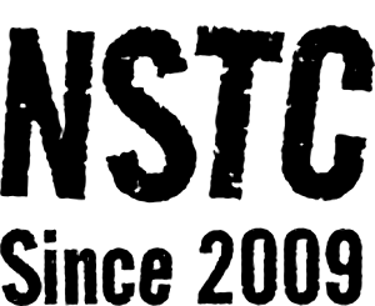Recycled and reclaimed plastic — a new commodity
Recycled plastic as a commodity Imagine a future where 3D-printed houses are made from plastic recovered from a river. Combine today’s technology with our modern-day waste problems, and this reality becomes closer than you think.
Marty Drill @redux.org
2/28/20252 min read


Brands that are upcycling
The use of plastics in product design is not new. After all, a woolen coat can keep out the cold, but a plastic raincoat can keep you dry. Now, clothing and accessories manufacturers are incorporating recycled plastics instead of producing entirely new material. Adidas made millions of shoes in 2019 with recycled ocean plastic. By 2024, it has also pledged to use only recycled polyester for all its shoes and clothing.
Other companies reusing recycled plastic in their products include Patagonia for jackets, Samsonite and Bellroy for luggage, Crumpler for bags, and Timberland for boots. These brands purchase recycled plastics for manufacture through organisations such as Plastic Bank, a global non-profit dedicated to collecting trash from the sea and then processing it for sale.
Clothes made from garbage? It is a reality.
Corporate social responsibility
Due to several circumstances that are difficult to control, many refineries continue to produce plastics despite the environmental challenges that pollution presents. Developing countries will always need a way to contain safe drinking water — and as these economies grow, locals are increasingly choosing takeaway foods in plastic containers. Plus, the oil required for plastics is relatively cheap to obtain, therefore it’s a profitable business.
Rather than contribute to the problem, companies can now choose to rectify part of it. While the trend to manufacture products with recycled plastic is not a long-term solution, taking rubbish from the streets and turning it into practical materials is better than no action at all.
A change in tide that comes from the ground up
Back in the 1970s, Styrofoam was popular for maintaining the temperature of food. But in the 1990s, with recognition that Styrofoam was incredibly damaging to the environment, McDonald's gave in to pressure and replaced its packaging to reduce its impact. More recently, in Australia, Coca-Cola has begun producing all its bottles 600ml and under from recycled plastic. This is a huge victory and represents a significant shift in demand.
There is no shying away from the effects of plastic pollution on oceans and marine life, and this is likely to influence the products that customers purchase. As companies seek to either improve their environmental credentials or stay true to their purpose, the use of recycled plastic is a trend that will continue to grow.
The linking of a product to environmental impact will be a commercial advantage.
In the coming years, recycled plastic is set to be a sought-after commodity. Their is likely to also be a distinction between traditional recycled plastic and plastic reclaimed from streets, waterways and beaches.
It is an interesting idea that the demand for reclaimed plastic could end up meaning that the price for reclaimed plastic is higher than virgin plastic.
Redux is on a mission to help restore nature to the way it should be. By reclaiming trash from the streets that can one day could potentially be upcycled into products, we’re proud to be part of the solution.
